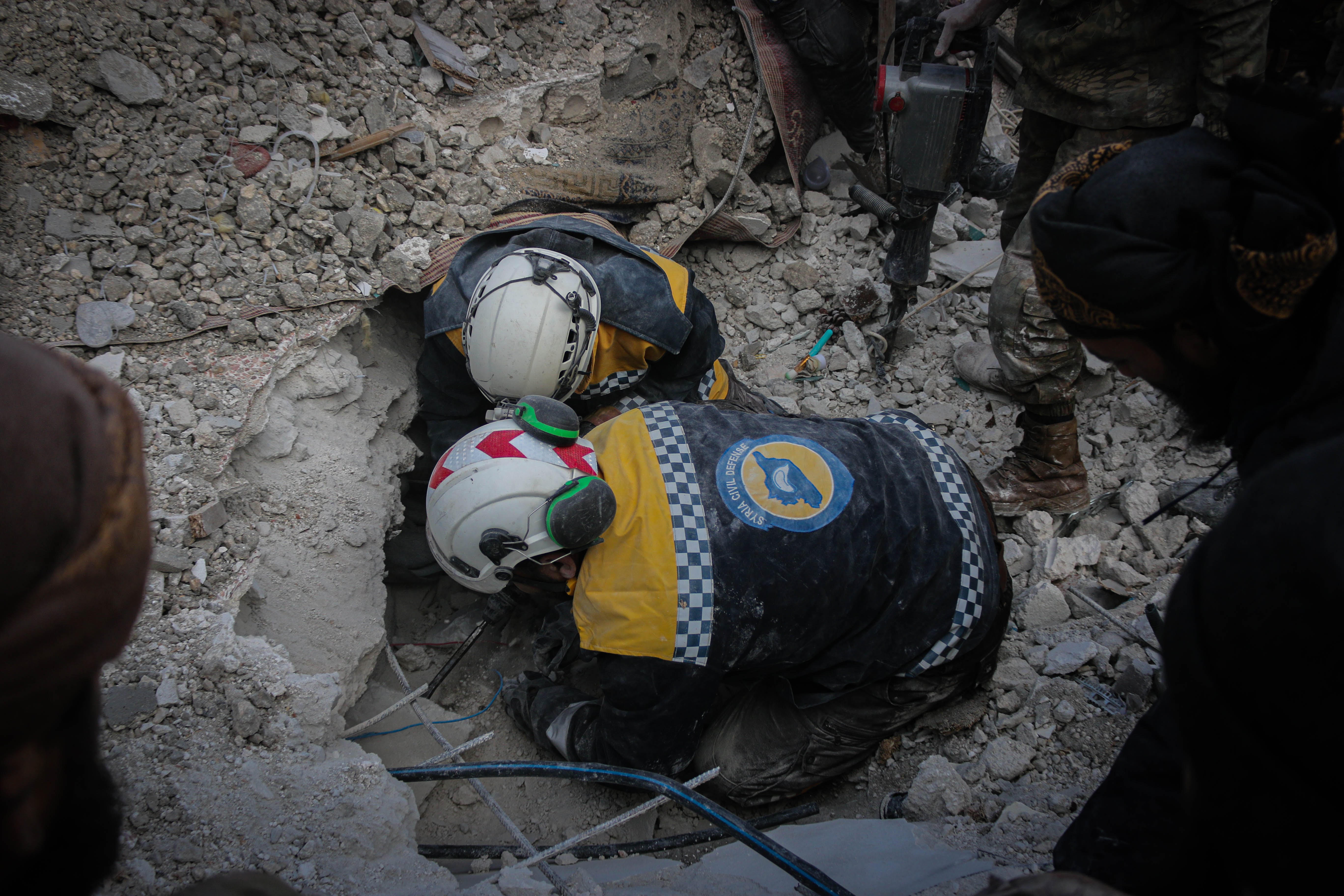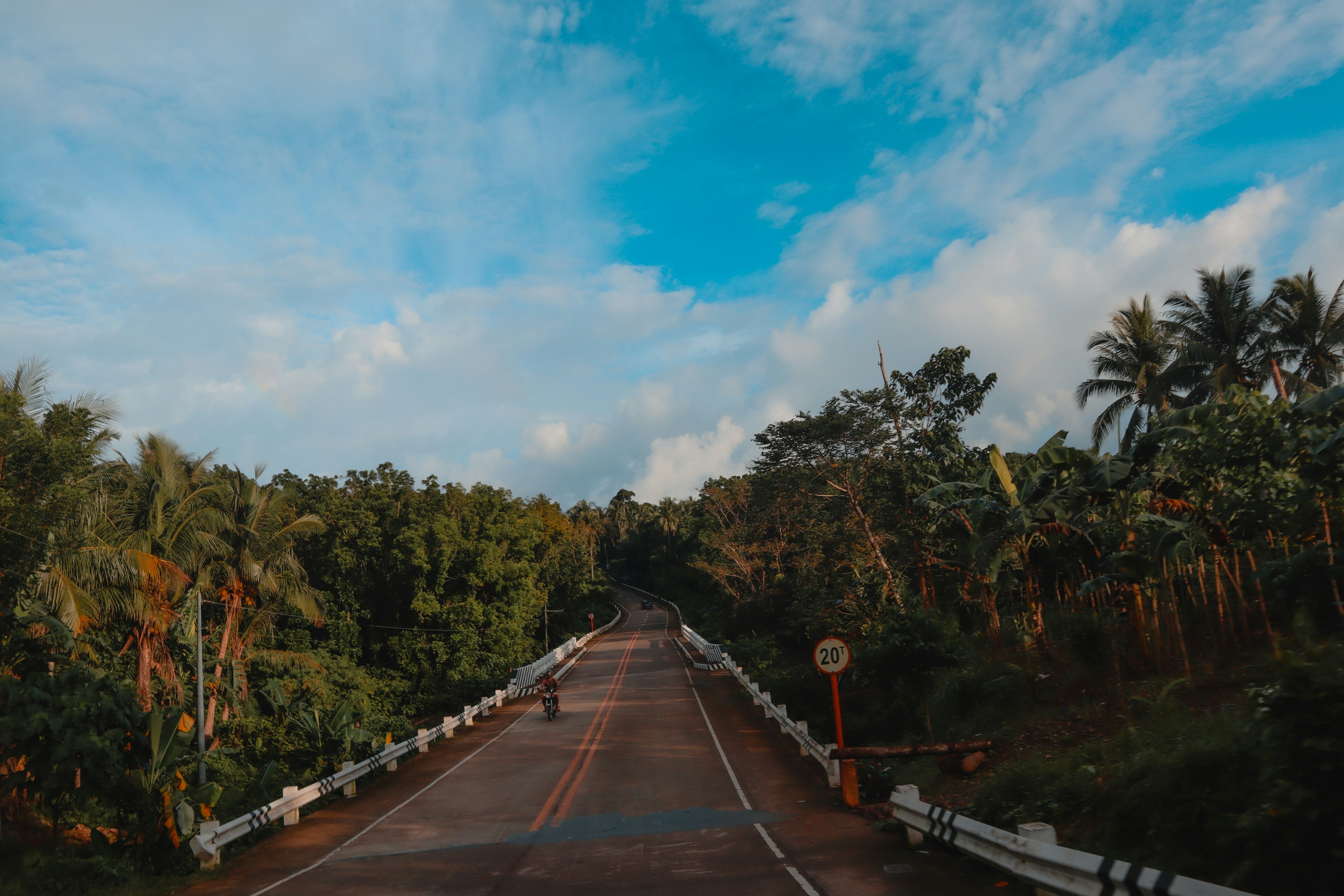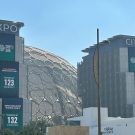In August 2022, eighty residents from the island of Serua were forced to relocate to Fiji’s main island due to rising sea levels and extreme weather conditions. They left behind their homes, ancestral land, and burial sites where their elders have been laid to rest. While the community may receive some support and compensation from the Fijian Government as they settle on Fiji’s main island, their beloved village that they have left behind will be inundated in the coming years, their ancestral lands and roots lost forever. For many Pacific Islanders, this is the devastating reality of climate change.
Last November in Egypt, United Nations (UN) members agreed to establish the COP27 Loss and Damage Fund, with the aim of providing financial support to Global South countries most vulnerable to the adverse impacts of climate change. But how can you put a price on the loss of an important piece of ancestry, like in the case of Serua and the 80 displaced villagers? As one islander explains, “[our] culture, identity and traditions are tied to my land and my ocean, this is inseparable.” As the climate crisis worsens, many Pacific Island Countries will incur devastating losses in cultural heritage, biodiversity, and ancestral knowledge. This coming November in Dubai, Pacific Islander voices must be centred in discussions around quantifying non-economic loss and damage.
What is non-economic loss and damage?
While there is no official UN definition of loss and damage, the term is generally used in the field of climate policy to refer to “the adverse impacts of climate change on human societies and the natural environment that cannot be minimised through adaptation.” Non-economic loss and damage, or NELD for short, can be separated into three categories: harm to individuals (loss of life, health, or mobility), harm to societies (loss of territory, cultural heritage, or indigenous and local knowledge), and harm to the natural environmental (loss of biodiversity or natural habitats).
Looking forward to NELD discussion at COP28
Since COP27, the South Pacific Regional Environmental Programme (SPREP), alongside other Council of Regional Organisations of the Pacific (CROP) agencies, and Climate Analytics have undertaken a suite of technical workshops and meetings related to loss and damage. Most recently, Pacific nations gathered in Samoa in July 2023 for Loss and Damage Dialogues. These open forums discussed potential solutions to loss and damage that meet the needs of Pacific communities. More specifically, the workshops have been an opportunity for Pacific Island Countries to develop a unified vision of relating to loss and damage, to be voiced at COP28 in November.

The discussions were led by the new Pacific Ministerial Champion for Loss and Damage, Honorable Ralph Regenvanu, the Minister for Climate Change for the Republic of Vanuatu. In his opening remarks, Hon. Regenvanu expressed empathy for Global North countries who are now facing worsening climate conditions and loss and damage (wildfires in Canada, heatwaves in the United States and Asia, and flooding in South Korea). Yet, he emphasised that this has been the reality in the Pacific for years. He specified that increasing carbon emissions from fossil fuel expansion is, in large part, to blame for much of the loss and damage the Pacific currently experiences — calling on Global North nations to reduce their dependence on fossil fuels and convert to renewable energy. He and other Pacific Island leaders also discussed the need for Pacific countries to “include references and explicit language on our loss and damage needs and proposals” with vivid stories at the upcoming climate conference in an attempt to incite action.
Their overarching aim in these workshops is to develop recommendations around the use of the newly established COP27 Loss and Damage Fund. While many Global North Countries have yet to commit and donate money to the Fund, UN member states have created a Transitional Committee to operationalise the Fund and develop recommendations ahead of COP28. The committee includes 23 countries, two of which are Pacific Island Countries.
While not all Pacific Island Countries may be included on the Transitional Committee, it is vital that those in desperate need of reparations for the losses and damages they have already endured, have their needs and voices centred and uplifted at COP28. More specifically, the demands Pacific Island Countries have drafted in their workshop series should be at the forefront of discussions around the use of the Fund. Creating space for not only concrete demands, but also narratives of the extreme loss that citizens of these countries have suffered, is important for making loss and damage negotiations a respectful endeavour rooted in local experiences. Global North countries should be prepared to actively listen to Pacific Island Countries and their demands, instead of arriving with predetermined protocols of the operationalisation of the Fund.
Understanding Pacific Islander experiences is the first important step in developing policy around addressing non-economic loss and damage. There is no better way to do so than to elevate Pacific voices on the international stage at COP28.
Photos: Savir C (Unsplash)






